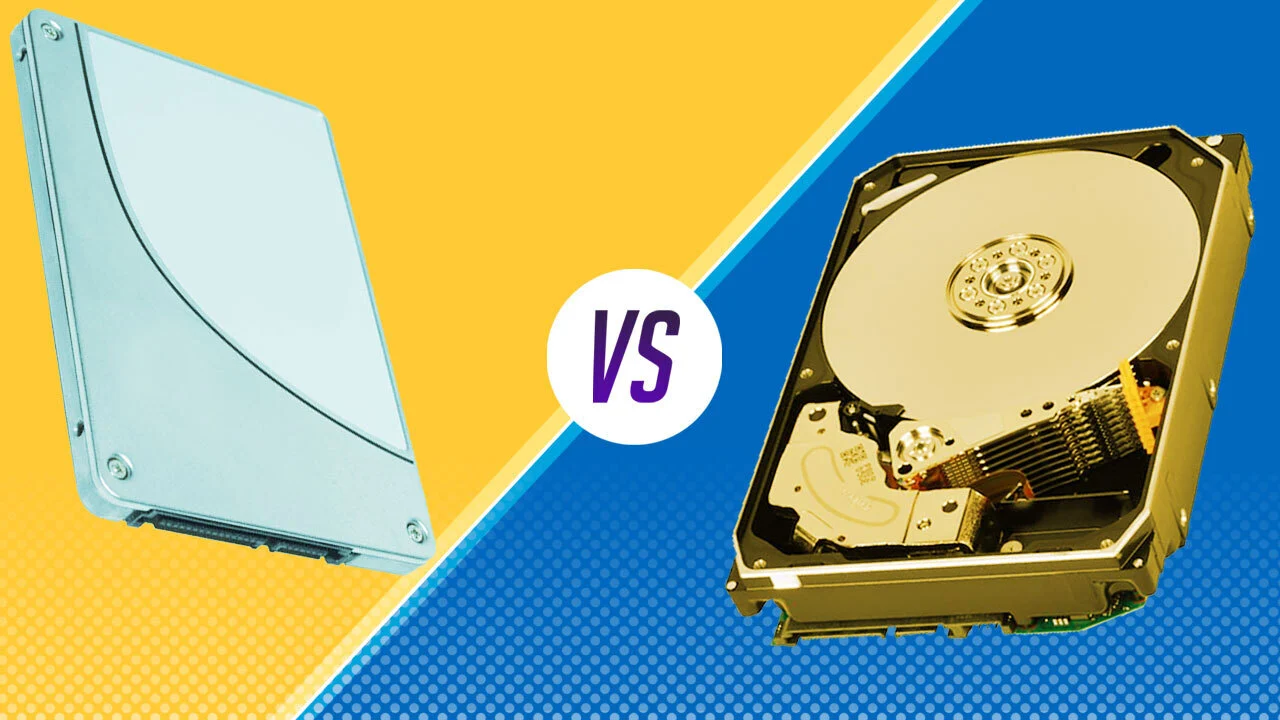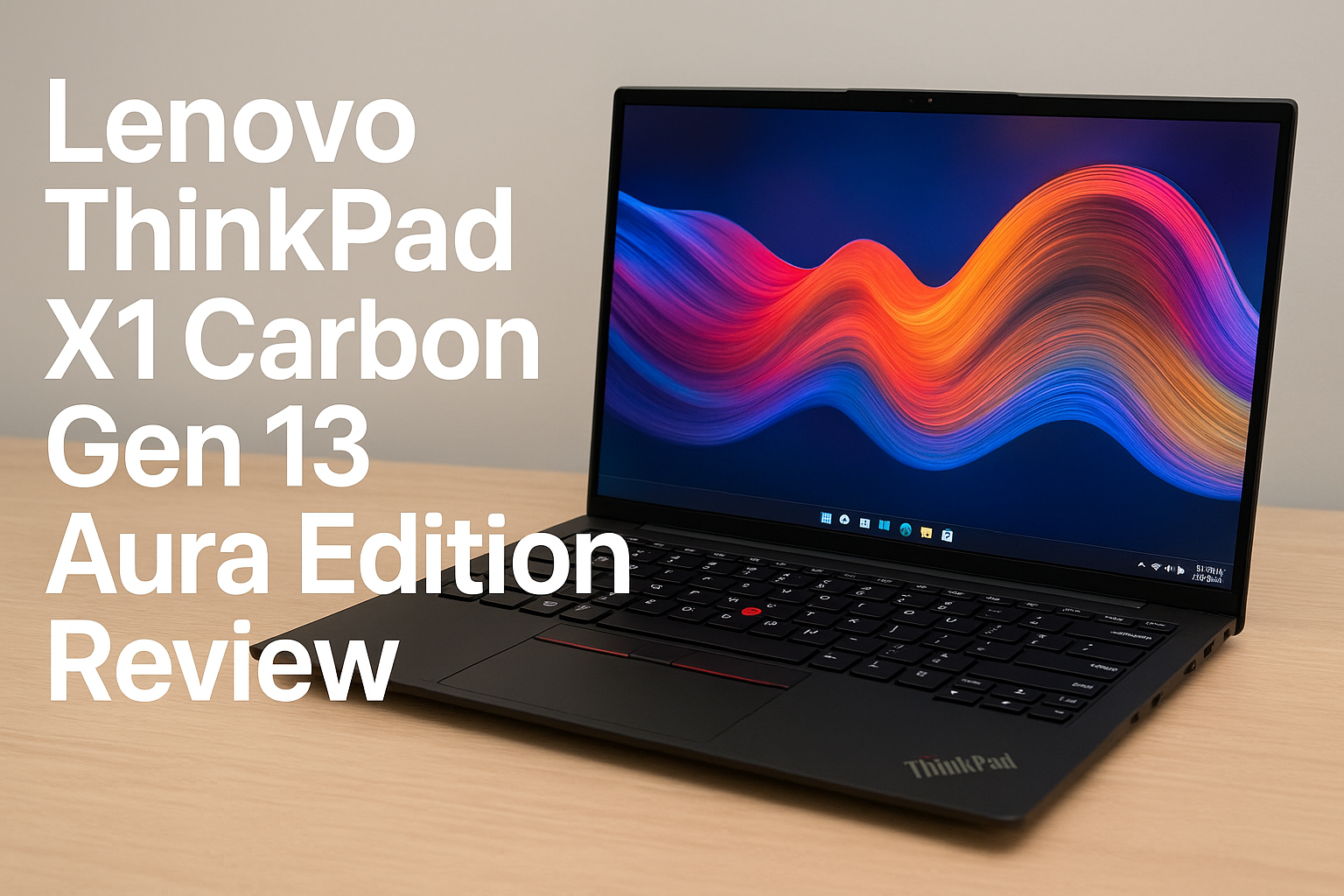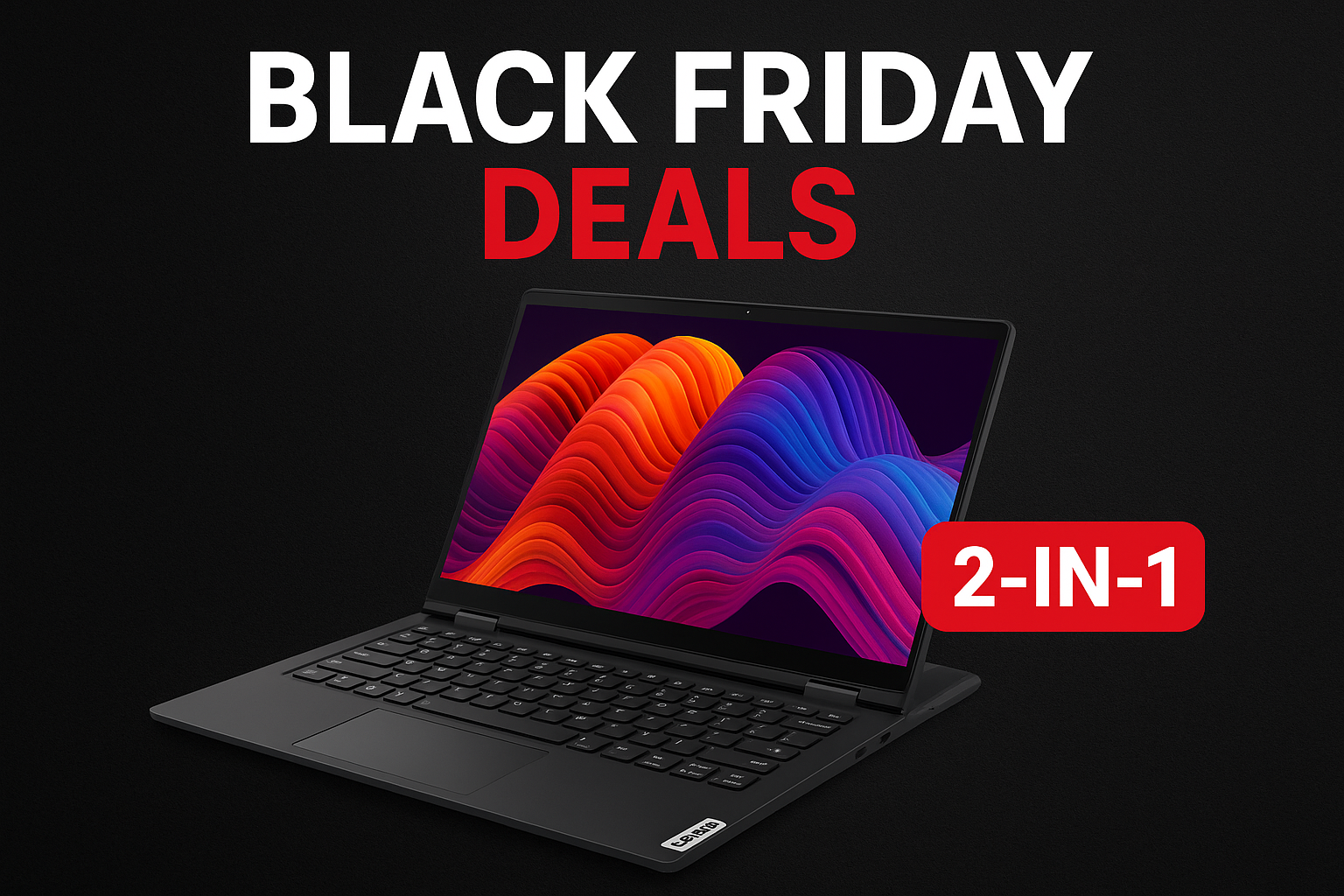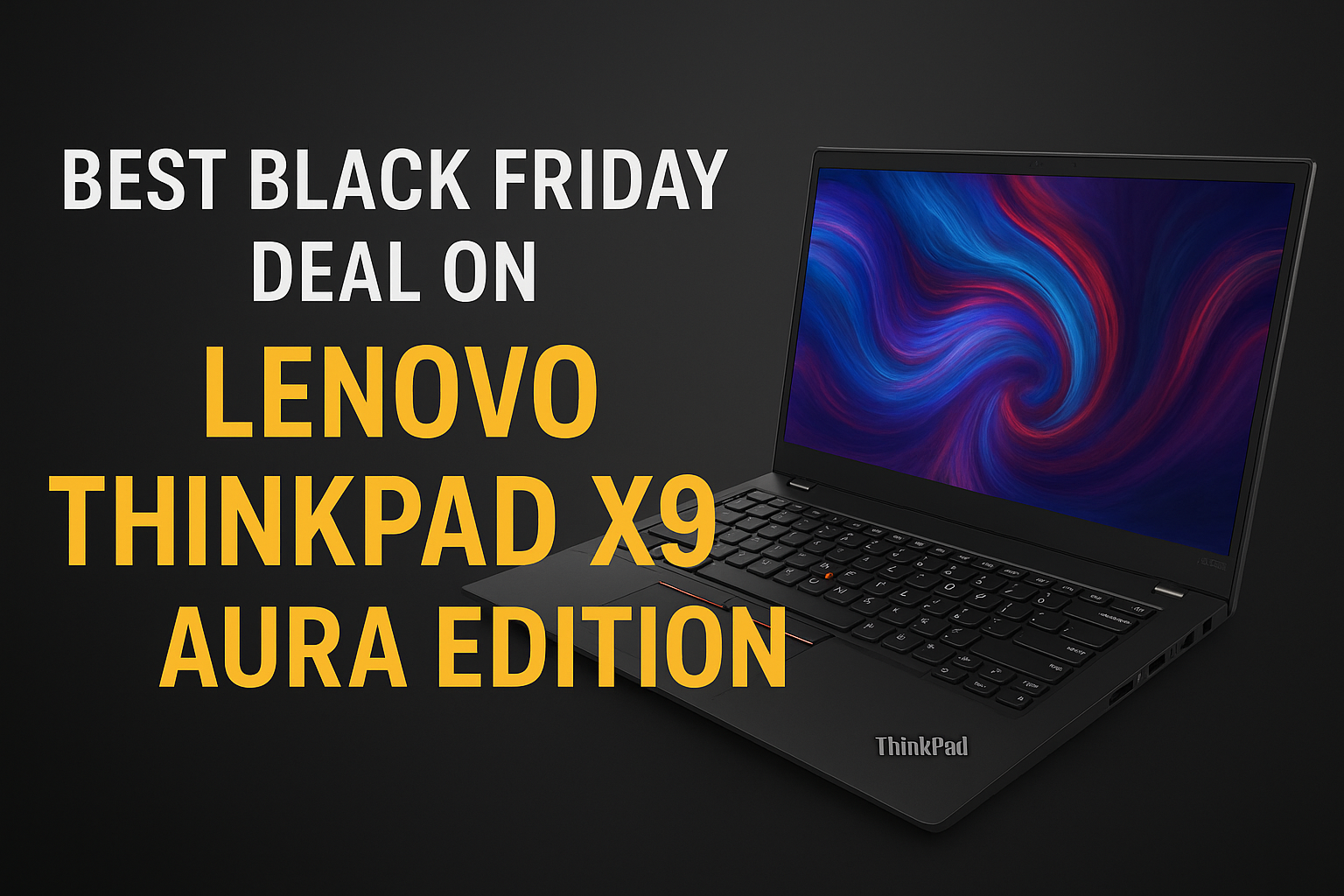SSD vs HDD: Which is better for you?

Difference Between an HDD and an SSD

Traditional storage devices with spinning platters that read and write data are HDDs. Newer technology is used to store data on instantly- accessible memory chips in SSDs. SSDs are fast, smaller, more durable, and use less energy. HDDs are less expensive and have more storage capacity and if damaged, it is easier to recover data.
The use of mechanical spinning disks and a moving read or write head to access data is seen on HDDs and memory chips are seen with SSDs. SSDs are a better option if price is not a problem as modern SSDs are as reliable as HDDs.
What is a Solid-State Drive?

These drives are new disks that store information on flash memory, which includes individual memory cells storing bits that can be accessed by the controller. SSDs are a lot faster than HDDs as they can transfer data faster, which will improve your computer’s performance drastically.
How do SSDs make your system faster?
The speed of data transfer is improved with SSDs. The following processes work better with an SSD:
1.) Improving your operating system performance
2.) Starting a program
3.) Loading a new video game level
4.) Opening a huge file in a resource-intensive program
5.) Importing and exporting video files
6.) Previewing video files in editing software
What is a hard disk drive?

The disk drive has a series of platters covered by a ferromagnetic coating. Similar to how vinyl record albums work, data is written and read by a fast-moving head. The data can be read easily as the disk spins at 7200 RPMs. The hard disk is a slow and fragile part of any computer as all the pieces are mechanical. For long-term offline storage, HDDs can be cost-effective.
Are you wondering if you have an SSD or HDD? Type “defrag” in the start search bar and click on Defragment and Optimize Drives. You will get a list of drives connected to your computer and their type.
SSD and HDD form factors
SSDs come in various shapes and sizes and were initially made similar to HDDs. SSD storage is accessible in various shapes and sizes. Several SSDs are really small devices as they don’t have moving parts. Like the M2 SSD, you can find SSDs in smaller form factors. Despite being more expensive, SSDs do have a lot of space and are installed directly into the motherboard.
Conclusion
the choice between an SSD and an HDD depends on your specific needs and budget. SSDs excel in speed and durability, making them ideal for users who prioritize performance and responsiveness. On the other hand, HDDs offer more storage capacity at a lower cost, making them suitable for large media collections and data backups. Ultimately, your decision should align with your computing requirements and your budget constraints.














